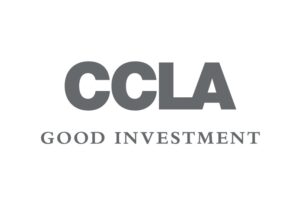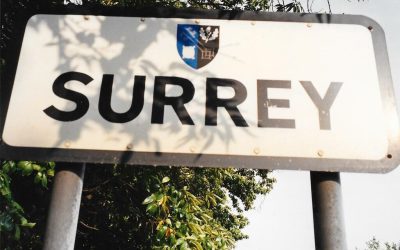District councils will thrive with financial freedom
There is a balance to be struck between financial prudence and securing future growth opportunities, writes Kelly Watson, Head of Local Government Relationships at CCLA, in response to a CCLA/DCN roundtable on district council finance
The scale of the challenge facing local government has reached new levels. Living through a global pandemic whilst managing the impact for residents, businesses and staff created pressure on a scale that we could not have conceived previously. The country is now facing a cost-of-living crisis and levels of inflation not experienced since the 1980s, in addition to an energy crisis and longstanding budget constraints. District councils are at the forefront of supporting communities and delivering for residents, particularly at difficult times.
Under pressure
The pressures and challenges faced are significant. Following years of austerity, efficiency programmes, invest to save and many other initiatives, local government is facing some of its biggest pressures in recent history. Some describe the current climate as a perfect storm with one of the greatest challenges yet still to be faced: the investment required for the move to net zero.
At the same time as costs rise and new funding lags behind inflation, demand for district council services is growing – especially the unprecedented demand for affordable housing and temporary accommodation. Big constraints remain on district councils’ ability to recover the full costs of providing important services, especially planning and licensing, and to generate income.
District councils are grappling with decisions which will affect the lives of everyone they serve. Stark choices between statutory and discretionary services will be debated and the ability to invest in local regeneration may be questioned. These choices and decisions are uncomfortable and future implications difficult to predict, the only certainty is that authorities will take decisions in the best interest of their communities.
It’s not all doom and gloom
District councils are in a unique position not only to survive but thrive.
Perhaps district councils are like trees! Trees are vital, they give us oxygen, store carbon, stabilise the soil and support life. Trees benefit health, the environment, boost wildlife, strengthen communities, grow the economy (people are attracted to living, working, and investing in green spaces) and protect the future (Royal Parks).
District councils do all of these things and are deeply ‘rooted’ in their communities.
District councils exist to serve communities and provide vital services. Securing greater financial freedoms for local government and providing more certainty over future funding could support councils with longer-term planning and investment. This would allow further innovation, working together with communities to deliver a sustainable local economy fit for the future.
Just like trees, district councils are in a great position to have a positive impact on people’s lives – provided they have the financial freedom and certainty to support themselves and their communities.






